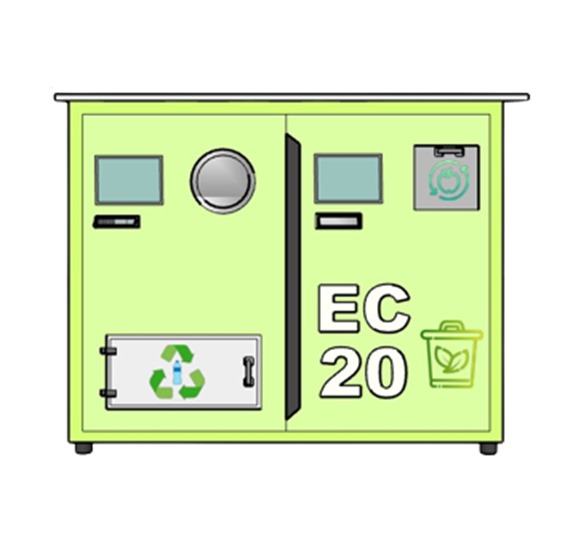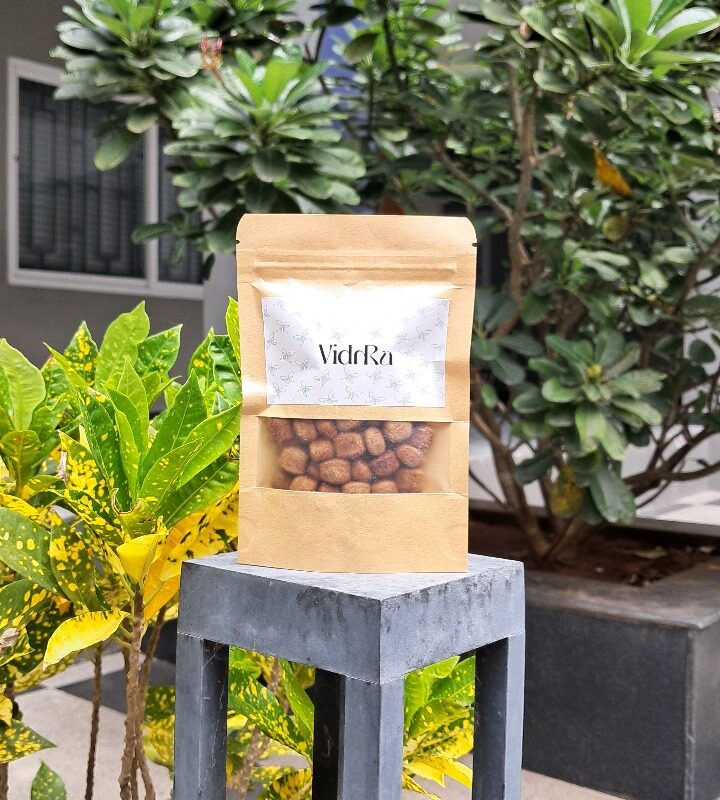Organic compost
Original price was: ₹1,250.00.₹950.00Current price is: ₹950.00.
Weight (kg): 25
Compost is a nutrient-rich, organic material created by decomposing biodegradable waste like food scraps, plant matter, and agricultural residues. It improves soil fertility, enhances moisture retention, and supports plant growth by providing essential nutrients. Composting helps reduce landfill waste and lowers greenhouse gas emissions, making it an eco-friendly solution for sustainable agriculture and waste management. ♻️🌱
Description
Compost is a nutrient-rich organic material produced through the natural decomposition of biodegradable waste. It serves as an excellent soil conditioner, enhancing soil fertility, moisture retention, and microbial activity, making it essential for sustainable agriculture and gardening. Composting helps reduce waste, lower greenhouse gas emissions, and promote circular economy practices.
Composition of Compost
Compost is made up of:
-
Organic Matter – Decomposed plant and food waste, providing nutrients to the soil.
-
Microorganisms – Bacteria, fungi, and actinomycetes break down organic materials.
-
Essential Nutrients – Nitrogen (N), Phosphorus (P), and Potassium (K) for plant growth.
-
Humus – A stable, dark organic matter that improves soil texture and fertility.
Types of Composting
-
Aerobic Composting
-
Requires oxygen for decomposition.
-
Microbes break down waste, generating heat and speeding up the process.
-
Produces high-quality compost with minimal odor.
-
-
Anaerobic Composting
-
Occurs in the absence of oxygen.
-
Slower process but can generate biogas as a by-product.
-
Used in controlled environments for energy production.
-
-
Vermicomposting
-
Uses earthworms (like Red Wigglers) to break down organic waste.
-
Produces nutrient-dense vermicompost with enhanced microbial activity.
-
-
BSF (Black Soldier Fly) Composting
-
Uses Black Soldier Fly (BSF) larvae to break down organic matter.
-
Efficient for large-scale waste management and produces valuable by-products like protein-rich feed and oils.
-
Benefits of Composting
✔️ Improves Soil Health – Enhances nutrient availability and soil structure.
✔️ Reduces Waste – Diverts organic waste from landfills, minimizing environmental impact.
✔️ Cuts Greenhouse Gas Emissions – Decreases methane emissions from decomposing waste.
✔️ Saves Water – Retains soil moisture, reducing irrigation needs.
✔️ Boosts Plant Growth – Provides essential nutrients for agriculture and gardening.
Applications of Compost
-
Agriculture & Farming – Organic fertilizer alternative to chemical fertilizers.
-
Gardening & Landscaping – Enriches garden soil for healthier plants.
-
Waste Management – Sustainable disposal of organic waste.
-
Soil Erosion Control – Strengthens soil structure, preventing erosion.
Compost is a cost-effective, eco-friendly solution that transforms organic waste into a valuable resource, contributing to sustainable agriculture and a greener planet. ♻️🌍
Additional information
| Weight | 25 kg |
|---|---|
| Dimensions | 50 × 35 × 15 cm |






